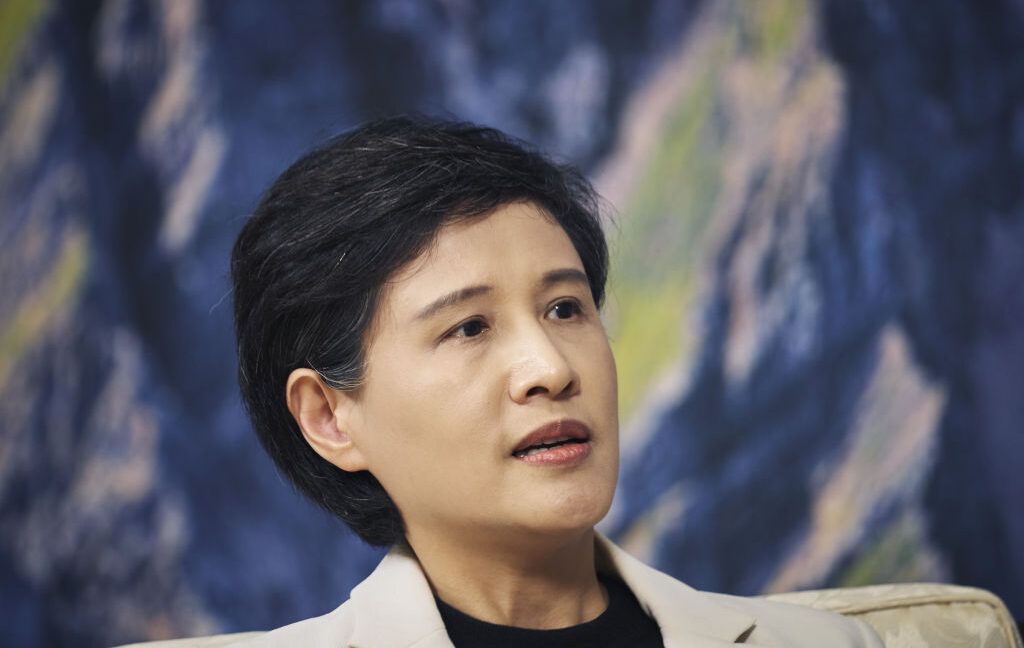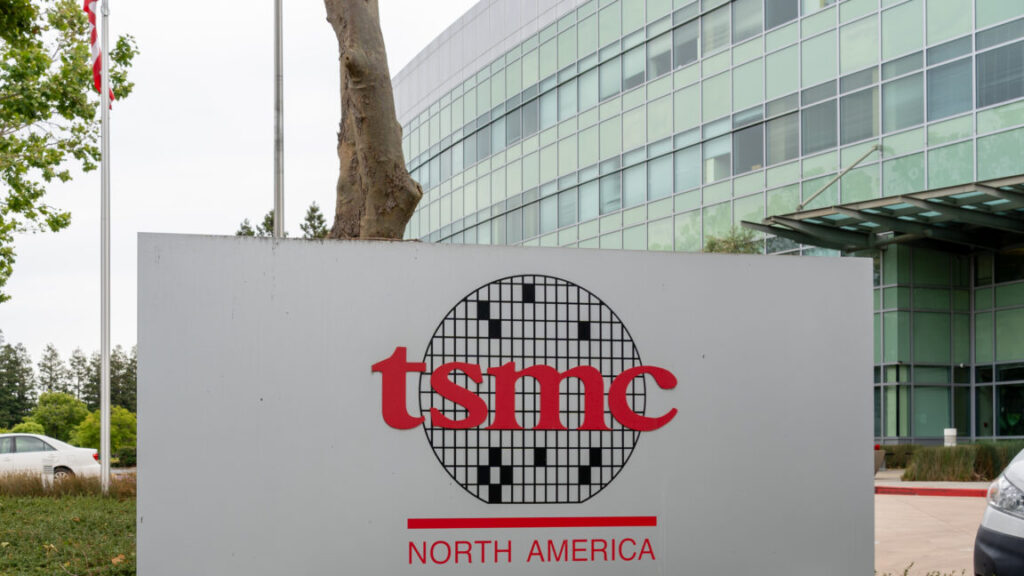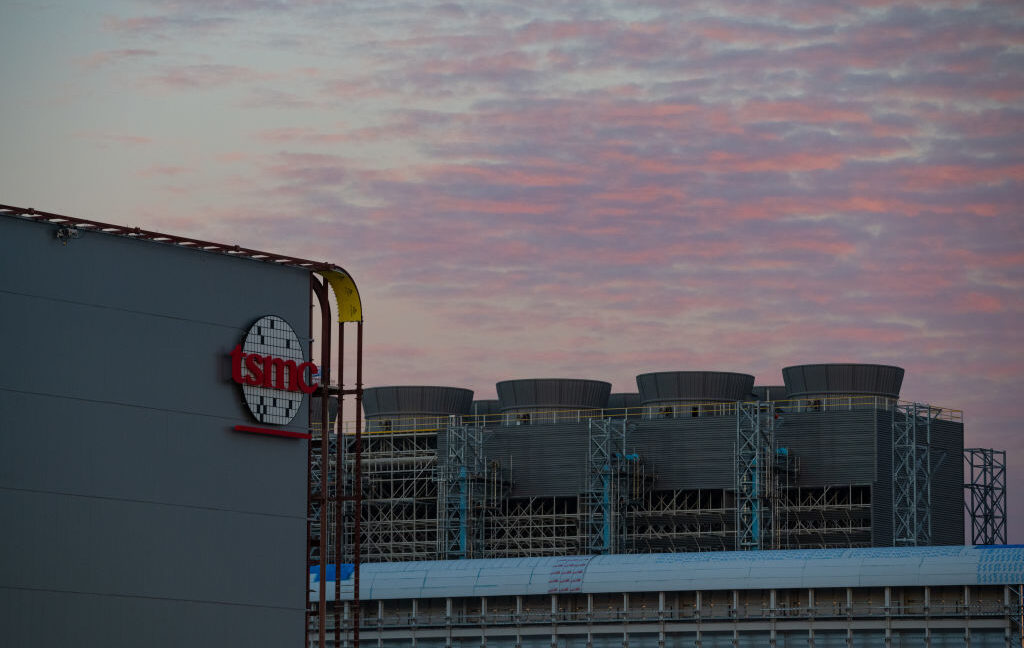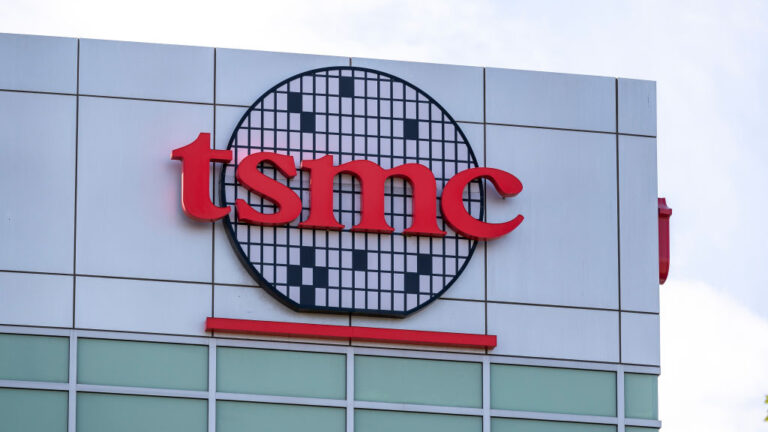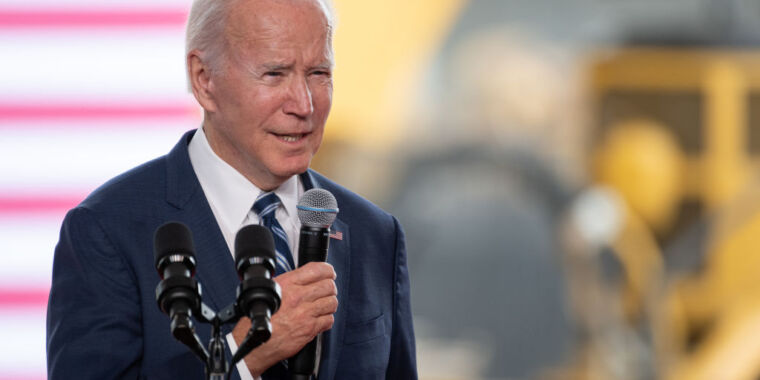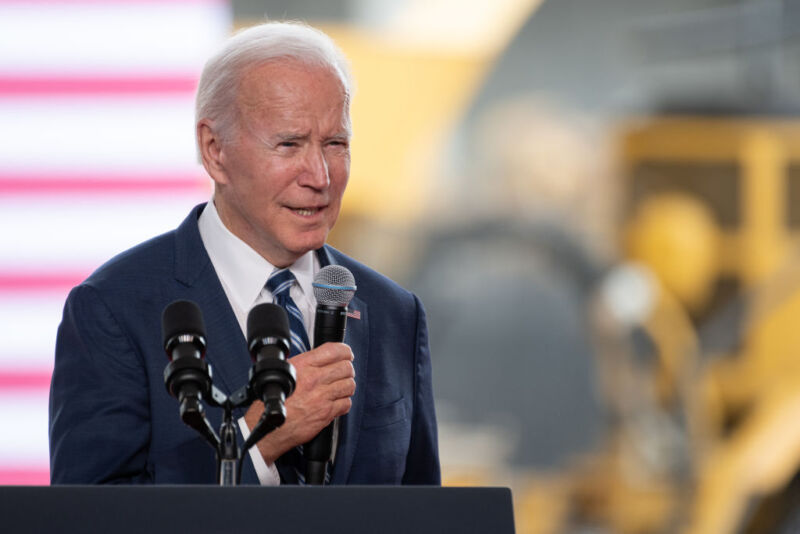Taiwan rejects Trump’s demand to shift 50% of chip manufacturing into US
In August, Trump claimed that chip tariffs could be as high as 100 percent while promising to exempt any tech companies that have committed to moving significantly more manufacturing into the US.
Since then, sources familiar with the investigation told Reuters that “the Trump administration is considering imposing tariffs on foreign electronic devices based on the number of chips in each one.” Under that potential plan, the tariff charged would be “equal to a percentage of the estimated value of the product’s chip content,” sources suggested.
Some expect that companies like the Taiwan Semiconductor Manufacturing Company (TSMC) may be exempted from these tariffs, based on a pledge to invest $100 billion into US chip manufacturing.
However, sources told Reuters that the Commerce Department has weighed offering “a dollar-for-dollar exemption based on investment in US-based manufacturing only if a company moves half its production to the US.” TSMC’s total market value is more than $1 trillion, so the US may seek more investments if the campaign to move half of Taiwan’s chip production into the US fails.
Brzytwa told Ars that tech companies are already struggling to do the math from Trump’s tariff stacking. And those headaches will likely continue. At a meeting last week with chip industry executives, Lutnick confirmed that Trump plans to use tariffs to push tech companies to buy US-made chips, The New York Times reported.
If those plans go through, companies would be expected to buy half their chips in the US, earning credits “for each dollar spent on American semiconductors, which they can use against what they spend on foreign semiconductors,” the Times reported.
Any company not maintaining “a 1:1 ratio over time would have to pay a tariff,” sources told The Wall Street Journal. For companies like Apple, the policy would require tracking every chip used in every device to ensure a perfect match. But there would likely be an initial grace period, allowing companies to adjust to the new policy as the US increases its domestic chip supply chain, the WSJ reported. And chipmakers like TSMC could potentially benefit, the WSJ reported, possibly gaining leverage in the market if it increases its US manufacturing ahead of rivals.
Taiwan rejects Trump’s demand to shift 50% of chip manufacturing into US Read More »
